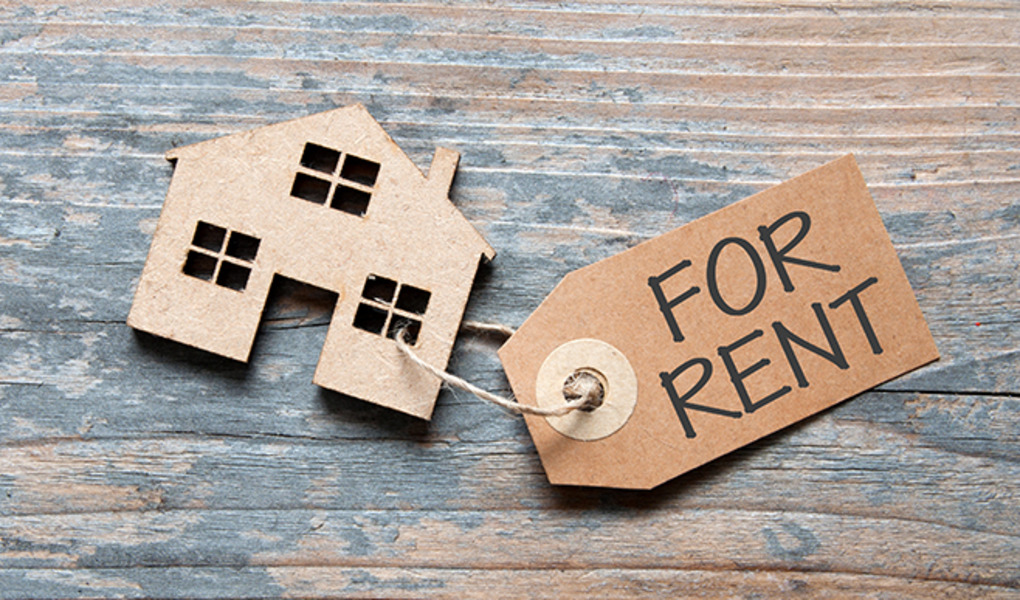Moving out of a rental, especially if you’re buying your own place, can be an exciting time, but losing some or all of your security deposit can dampen some of that excitement. As you prepare for your move, start making steps to help protect your security deposit. With a little bit of care, you can get most, if not all, of that deposit back.
Take pictures of the property
One of the best tips to protect your security deposit happens when you move in to the property. Take pictures of the property, including pictures of any per-existing problems, that can serve as proof of its condition when you move out.
Understand your lease from top to bottom
First, make sure you understand your lease. If you haven’t read it recently, pull it out the minute you decide you’re going to move. By reading the lease thoroughly, you will have a better understanding not only of the condition you need to leave the property, but also the terms that allow for termination without penalty. Make sure you give the required notice on time, so you do not end up with a penalty before you move.
When you mail your letter to your landlord, make sure you keep a copy of it. This will prevent any confusion if the letter was not delivered or the landlord claims it was never sent. Most of the time you won’t have to fight this, but if you do, a copy of the letter will be important. If you can’t hand-deliver the letter, or if you have a poor relationship with your landlord, send it via certified mail.
Don’t skimp the final rent payment
Next, make sure you pay your full last month’s rent, unless your landlord makes other arrangements in writing. Your security deposit cannot stand as your last month’s rent, because it’s held against any property damage. If the landlord finds applicable damage, he can hold your deposit against the damage, and sue you for failing to pay your final rent payment. Even if the deposit and the rent payment are equal, pay the rent payment in full.
Take care of small repairs
If you notice something broken in the property that wasn’t broken when you moved in, and the repair is minor, consider repairing it yourself. You don’t want to improve the property necessarily, but you do want to avoid leaving behind a broken faucet or door handle. Your landlord can charge for a professional to tackle these repairs, and you’ll be stuck holding the bill and losing your security deposit for it. Patch holes in walls, repaint rooms back to the original color, clean the stove thoroughly or replace the burners, and replace all bulbs and batteries from fixtures. These won’t take much time or money, and will increase your chances of seeing your full security deposit.
Clean thoroughly, leave it in move-in condition
Leaving the rental home or apartment sparkling clean will increase your chances of getting back your deposit. It should be in “move-in ready” condition, so your landlord can turn it over to new renters without hassle. If you leave behind a mess, especially one that the landlord has to clean, you may end up losing some of your deposit. Consider moving some of your belongings to a cheap self storage unit to make cleaning easier.
As you clean, consider having the carpets professionally shampooed, if your lease allows for this. Stains on the carpet can be problematic, and a quick professional cleaning may lift them. If you notice pet odors, use baking soda to soak them up before the final walk through. Consider documenting all of you cleaning efforts to serve as proof.
Send back the keys
You do need to give the keys to your landlord, not just leave them in the house or apartment. If you don’t give back every key, including gate, garage, or mailbox keys, you could be charged for a replacement. If you had more than one key when you moved in, give back every single one. This step is easy to overlook, and could be a costly mistake.
Ask for it, if you don't, you might not get it!
Most landlords will give back the security deposit automatically, but this actually isn’t required by law. Your right to the deposit requires you to ask for it. If you don’t, the landlord may keep it. Don’t assume that your landlord is going to give you back your deposit if you don’t ask for it. Check the laws in your state to ensure you ask for it appropriately and in the right time frame.
Be careful when you move
As you tackle the moving process, be careful. It’s easy to nick a wall or a door frame while you wrestle the couch out the door. Make sure your moving crew is using every potential precaution, so you don’t end up with last-minute damage to the property.
Attend the move-out inspection
Don’t leave the move-out inspection to the landlord. This is something you should attend. If your landlord points out problems that were pre-existing damage, refer to your initial lease agreement that listed these items. If you took pictures before you moved in, refer to those as well. If there are legitimate damages found at the move-out inspection, offer to tackle the repairs yourself. Your landlord doesn't have to agree to this, but if he does, you may save yourself some money. If any agreements are made at this inspection, ask for them in writing.
Remember, you worked hard to get the money together for that security deposit. You have the right to get it back, provided you took good care of the property. Do your part to leave the property in good repair, and ask for the money you deserve. By taking these tips to heart, you will be more likely to get it all returned to you when you move out.


